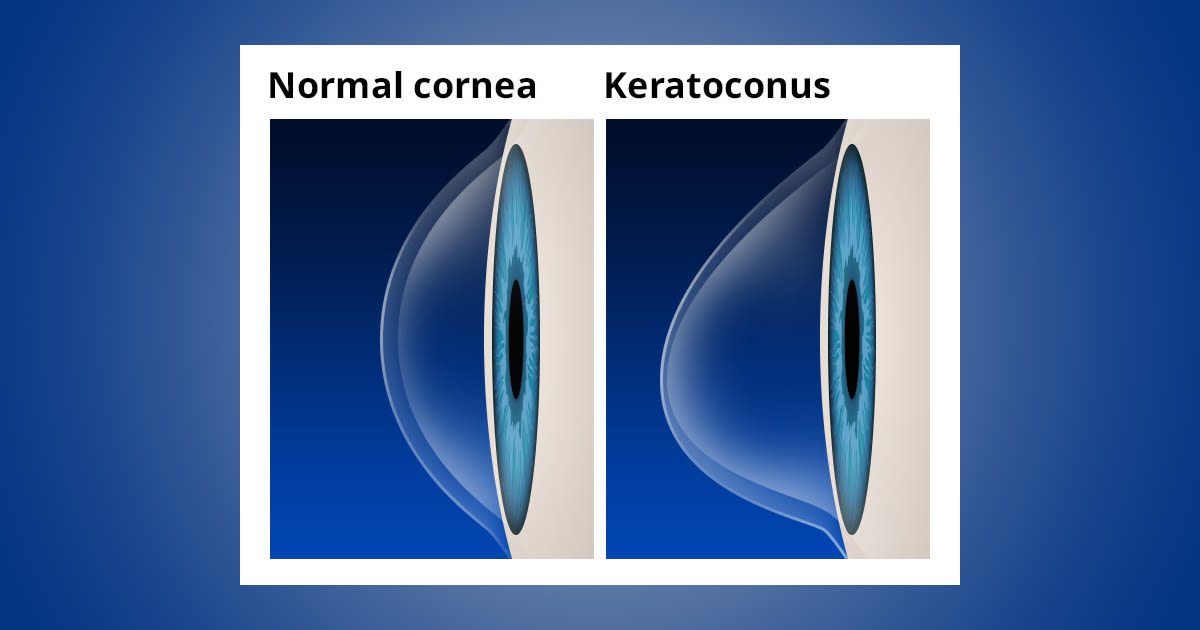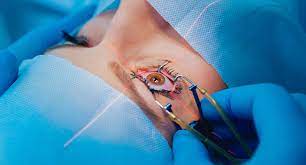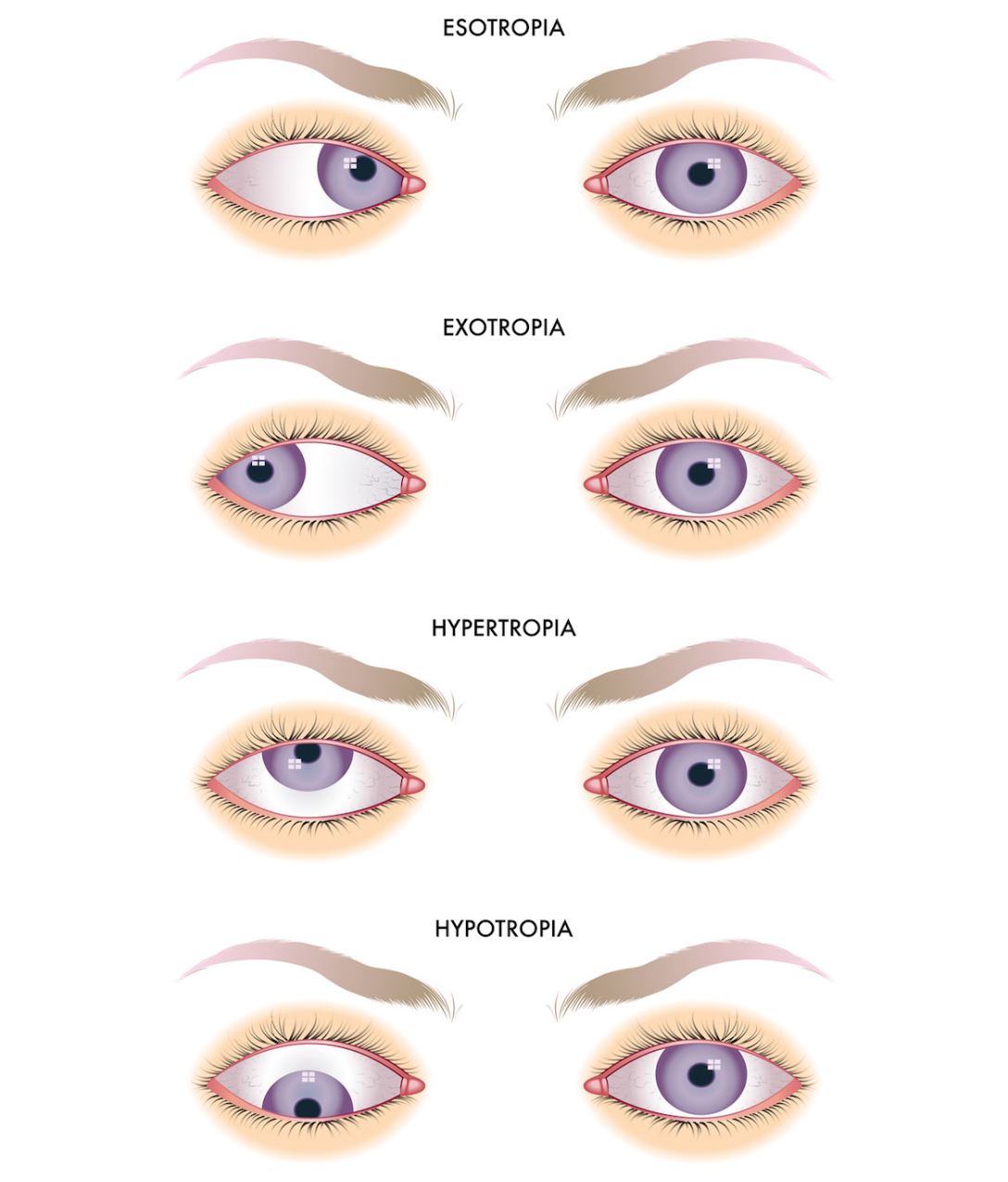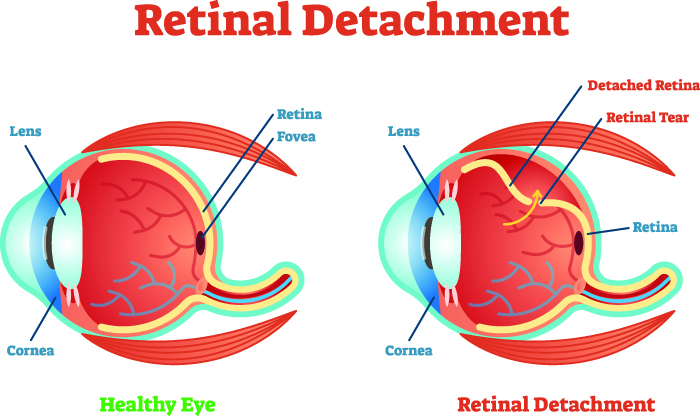There are several treatment options available for Keratoconus, and the choice depends on the severity of the condition. Common treatment options include:
1- Glasses or Contact Lenses:
- Description: In the early stages, regular glasses or soft contact lenses may correct vision problems caused by mild astigmatism. As the condition progresses, special rigid gas permeable (RGP) contact lenses may be recommended for better vision.
2- Corneal Cross-Linking (CXL):
- Description: CXL is a non-invasive procedure that involves applying ultraviolet (UV) light and riboflavin eye drops to the cornea. This helps strengthen the corneal collagen fibers, preventing further bulging and thinning.
3- Intracorneal Ring Segments (Intacs):
- Description: Intacs are small, curved plastic inserts that are surgically placed in the cornea. They help reshape the cornea, improving its curvature and vision. Intacs are suitable for those with progressive Keratoconus who are unable to tolerate contact lenses.
4- Topography-Guided Conductive Keratoplasty (CK):
- Description: CK is a minimally invasive procedure that uses controlled radiofrequency energy to reshape the cornea, improving its curvature and vision. It is suitable for mild to moderate cases of Keratoconus.
5- Phakic Intraocular Lenses (IOLs):
- Description: In some cases, implanting phakic intraocular lenses may be considered. These lenses are placed in the eye without removing the natural lens, providing an alternative for vision correction.
6- Corneal Transplant (Penetrating Keratoplasty or Deep Anterior Lamellar Keratoplasty):
- Description: In advanced cases where other treatments are ineffective, a corneal transplant may be recommended. This involves replacing the damaged cornea with a healthy donor cornea.
7- Scleral Lenses:
- Description: Scleral lenses are larger gas permeable lenses that rest on the sclera (white part) of the eye. They provide better comfort and visual acuity for individuals with irregular corneas, including those with Keratoconus.
It’s important to note that the choice of treatment depends on individual factors such as the stage of Keratoconus, the severity of symptoms, and the patient’s preferences. Consulting with an ophthalmologist specializing in corneal disorders is essential to determine the most suitable treatment plan based on the specific characteristics of the condition.
Experience personalized eye care with Dr. Seema Behl, your trusted Ophthalmologist in Andheri. Prioritize your vision health. Book your consultation today for expert eye care and tailored solutions.




